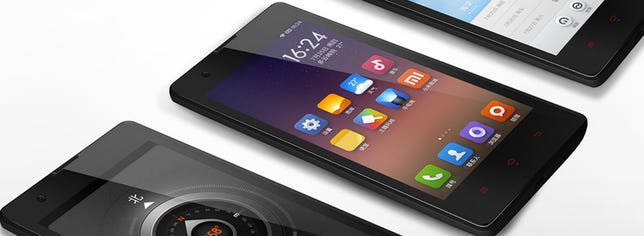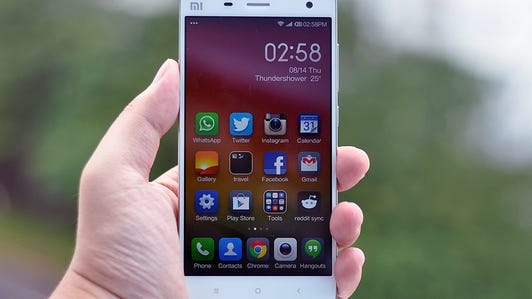
Xiaomi
Chinese smartphone maker Xiaomi hired a former Google executive to help manage its products team in India, as the 4-year-old company continues its ambitious plans to expand in Asia.
The Beijing-based company named Jai Mani as a product manager. The hire was announced by Xiaomi’s global vice president, Hugo Barra — another former Google executive — on his Facebook and Google+ accounts on Sunday. Mani has already relocated from San Francisco to Bangalore, India, Barra said.
“You can think of it as the beginning of our R&D center development in India,” Barra told The Wall Street Journal when asked about Mani’s hiring.
A Xiaomi representative couldn’t immediately be reached for comment.
Mani is most recently the co-founder and product manager of a startup, and he previously worked on strategy and analytics for the Google Play app store, according to his LinkedIn page. He worked at Google from 2009 to 2013.
Related stories
- Xiaomi tops Samsung as China’s largest smartphone vendor
- Five reasons why Xiaomi is a serious smartphone player
- Xiaomi’s global VP Hugo Barra says designing around current products is ‘stupid’
Xiaomi has quickly become the leading smartphone vendor in China, the world’s largest market, and has ambitions to grow in India and Southeast Asia. The Chinese smartphone maker has seen high demand so far in India, instantly selling out its devices at its online flash sales.
The company, which has grown in popularity by offering high-end but lower-priced Android-powered smartphones, captured 14 percent of the Chinese market in the second quarter, overtaking Samsung, according to research firm Canalys. However, the company, now the fifth-largest smartphone maker in the world, still has little name recognition outside of China, but it’s working on making itself a bigger name in Asia and Europe.
While Samsung and Apple have maintained their spots as the top two smartphone vendors worldwide, Xiaomi has increased the competition against them, surging to capture 5.1 percent of the smartphone market in the second quarter of this year, up from just 1.8 percent a year earlier, according to Strategy Analytics.
Xiaomi Mi 4 impresses with iPhone-inspired design (pictures)









